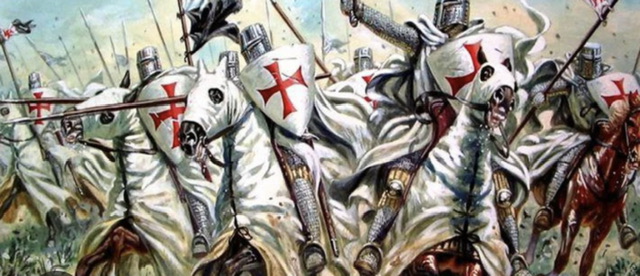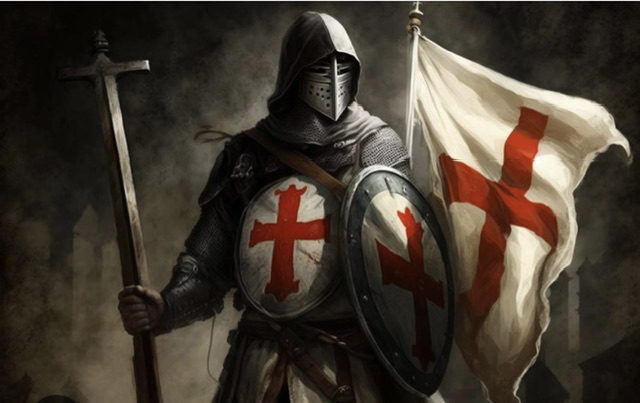
“paraskavedekatriaphobia”- the fear of Friday the 13th
“triskaidekaphobia”- the fear of the number 13
Throughout history, the number 12 has been considered a “complete” or “perfect” number:
12 days of Christmas, 12 months or signs of the Zodiac in a year, 12 labors of Hercules, 12 gods of Olympus, 12 tribes of Israel, even 12 steps in recovery for Alcoholics Anonymous; however, the number following 12 has long been considered a number that brings, well, bad luck, bad omens, and negative consequences.
In Biblical terms, the famous painting of The Last Supper by Leonardo da Vinci is synonymous with the day before Jesus’ arrest and crucifixion.

The Last Supper held on Maundy Thursday before Good Friday. The longstanding Christian superstition was that having 13 guests at a table is a bad omen-courting death. Here, you have the 12 disciples and Jesus making 13. Also said, Friday was supposedly the day Eve gave Adam the forbidden apple from the Tree of Knowledge, and when Cain killed his brother Abel.
In light of the superstition of having 13 guests at a table, a man named Captain William Fowler from New York founded an exclusive society called, The Thirteen Club.

This dinner was held at the Kickerbocker Cottage that William owned from 1863-1883. The members would meet on the 13th day of each month in room 13 and indulge in a 13 course dinner. The general idea was to diminish the stigma of the number 13. As they would enter the building, they would pass underneath a ladder and a banner reading, “Moritum te Salutamus,” which in Latin, means “Those of us who are about to die, salute you.”

Also throughout our history, one of the biggest stories about Friday the 13th comes from the Knights Templar during The Crusades. Founded in 1118, the monastic military devoted protection of pilgrims traveling to the Holy Land following Christian capture of Jerusalem during the 1st Crusade.
During that time, they became vastly wealthy due to lavish donations from crowned kings throughout Europe wanting to be in their good graces. By the 14th century, they had acquired a system of castles, churches, and a banking system throughout Western Europe. A banking system that is still used today.
As their celebrity status rose, one king in particular became quite envious of the Knights Templar. King Philip IV of France. Who later would want the Knights’ treasures for himself.
Soon, secret documents about black magic and scandalous sexual rituals taking place by the Knights started to circulate. Then on the early morning hours of Friday October 13, 1307 several arrests were made at the king’s request.
In the following weeks, about 600 knights were arrested including the Grand Master, Jacques de Molay, and the Order’s treasurer. Even non-warrior and middle-aged men who managed the day-to-day operations for the Knights were arrested.
They were charged with acts of heresy, spitting on the cross, homosexuality, fraud, financial corruption, and devil worship-the King spread rumors they worshipped a satanic deity known as the Baphomet.
Nearly all were brutally tortured. One practice that was preferred was called, “Strappdo,” in which you tie one’s wrists behind their back and string them up in the air to the point their shoulders are dislocated. Others were racked and some had their feet dipped in oil and held over a fire to burn alive.

Eventually hundreds confessed to false charges, including the Grand Master, in order to avoid further torture and death. Word soon got around to Pope Clement V and was horrified at the news, but before he could intervene, King Philip made sure the allegations made it to the church. Their lands and money were confiscated and many Templars recanted their confessions. Pope Clement V shut down the trials in early 1308.
By 1310, Philip had the remaining Knights lingering in their cells and had more than 50 of them burned at the stake. In 1314, the Grand Master Molay and his remaining Knights were taken to Paris. There they were burned alive; bringing an end to their long standing era and launching the still existing theory about the curse that Friday the 13th can bring.
Do you believe in the superstition of Friday the 13th? You tell me.
